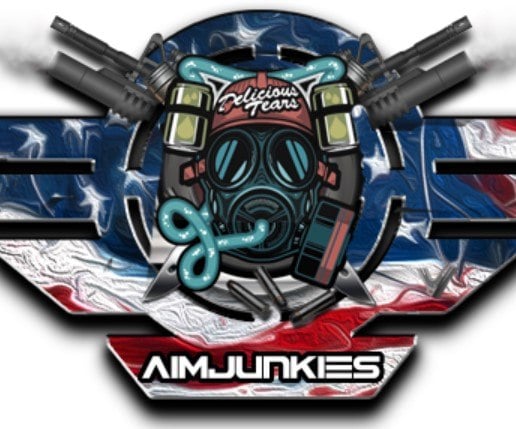 Over the past several years, a wave of copyright infringement lawsuits has targeted alleged cheaters and cheat makers.
Over the past several years, a wave of copyright infringement lawsuits has targeted alleged cheaters and cheat makers.
Game companies have emerged as relatively swift victors in cases that never went to trial, but that’s not a given.
The legal dispute between American video game developer Bungie and AimJunkies.com has been fiercely fought and next week heads to a jury trial.
Two years ago, Bungie filed a complaint at a federal court in Seattle, accusing AimJunkies of copyright and trademark infringement, among other things. The same allegations were made against Phoenix Digital Group, the alleged creators of the Destiny 2 cheating software.
The case initially seemed set for a quick settlement, but the parties failed to reach an agreement. Instead, Bungie pressed on while AimJunkies went on the defensive, asking the court to dismiss several claims.
AimJunkies argued that cheating isn’t against the law and refuted the copyright infringement allegations; these lacked any substance and were ungrounded because some of the referenced copyrights were registered well after the cheats were first made available, AimJunkies argued.
Dismissal, Hacking and Arbitration
Last year, U.S. District Court Judge Thomas Zilly largely sided with AimJunkies. The original complaint failed to provide sufficient evidence for a plausible claim that the ‘Destiny 2 Hacks’ infringed copyright.
This was bad news for Bungie but the court did offer the company the option to file a new complaint to address these shortcomings, which it did soon after.
Meanwhile, AimJunkies wasn’t sitting idly by. The cheat seller filed a countersuit, accusing Bungie of hacking when it allegedly accessed a defendant’s computer without permission. This hacking counterclaim was eventually dismissed.
Bungie scored its first major win earlier this year in an arbitration proceeding. Judge Ronald Cox concluded that the cheaters violated the DMCA’s anti-circumvention provision and related trafficking restrictions, awarding $3.6 million in damages to the game company.
The arbitration ruling is still under appeal and with the battle being fought on multiple fronts, attention shifted back to the federal lawsuit once more, where Bungie continued its copyright and trademark claims this summer.
In July, the game company submitted motions for summary judgment to resolve the copyright infringement dispute before trial. However, the court denied these motions, as there is no hard evidence that any game code was copied. Instead, a jury would have to decide.
Jury Trial
After several years, the dispute is about to reach its climax in a District Court in Seattle, where a jury trial is expected to start next week. This is the first time that a case like this will go before a jury, making it a landmark event.
At the core of the dispute is whether AimJunkies engaged in direct, vicarious, or contributory copyright infringement. If that’s found to be the case, the next question is whether Bungie is entitled to an award for damages.
For AimJunkies, the upcoming trial also raises some concerns. Specifically, the defendant is worried about the negative connotation of the term “cheating”. This may signal to the jury that the activity is legally improper, contrary to the defendant’s legal position.
To prevent confusion, the cheat maker asked the court to ban any mentions of the word “cheat” or “cheat software”, but the request was denied.
Defenses & Counterclaim
At trial, AimJunkies hopes to convince the jury that the cheating software it sold wasn’t infringing any copyrights. In fact, the defendants will claim that they merely sold the software; it was created by an unnamed third party.
“The software at issue here was created by parties other than Defendants. Defendants did not have access to the software Bungie accuses them of copying,” defendants note in a pretrial statement.
“No software created, developed, marketed, advertised, sold or otherwise distributed by Defendants infringes any copyright of Bungie,” AimJunkies’ attorney adds.
The cheat sellers are not the only party on the defensive. Third-party developer James May filed a counterclaim accusing Bungie of circumventing the DMCA by accessing personal files on his computer. Bungie, however, argues that it did nothing wrong.
Bungie might have accessed the developer’s computer, but the company states that none of the files that were allegedly accessed are copyrighted.
“None of the works allegedly accessed by Bungie are works protected by copyright […]. Bungie did not circumvent any of May’s technological measures that protect any files on his computer,” the game company writes in its pretrial statement.
Overall, the arguments from both sides are a guarantee for an intriguing trial. And although AimJunkies is a relatively small player in the broader ‘cheating’ ecosystem, the jury verdict will likely resonate in many gaming communities.
—
A copy of the pretrial order cited in this article, which includes additional argument from both sides, is available here (pdf)





